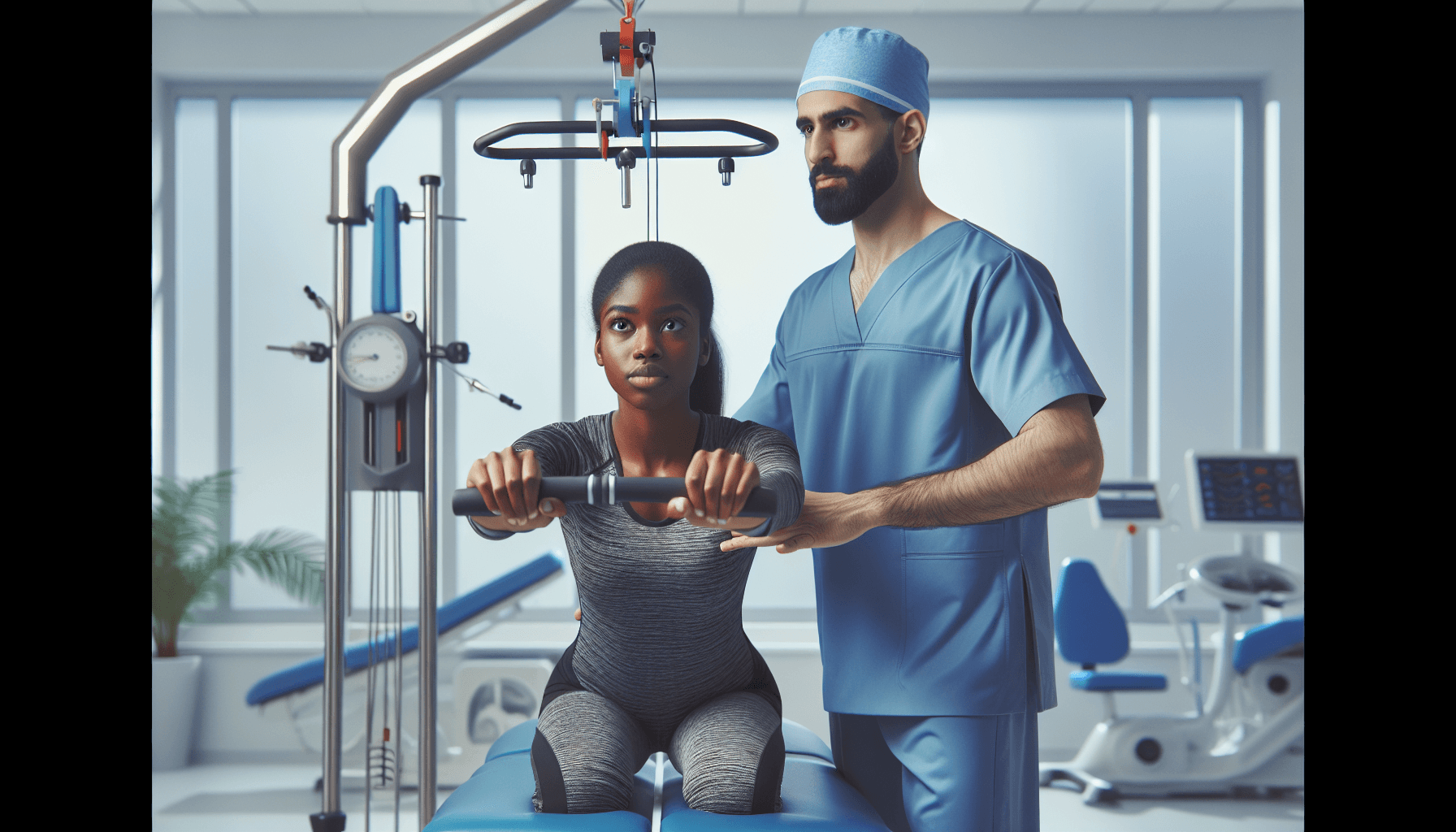After undergoing surgery, the road to recovery can be challenging for many individuals. Post-surgery rehabilitation plays a crucial role in helping patients regain strength, mobility, and overall wellness. One key component of effective rehab is core strengthening exercises.
The Importance of Core Strengthening
When we talk about the core, we are referring to the muscles in the abdominal region, lower back, pelvis, and hips. These muscles provide stability and support to the body, allowing us to perform daily activities and movements with ease. When the core is weak, it can lead to imbalances, poor posture, and increased risk of injury in the long term.
While core strengthening exercises benefit everyone, they are particularly important for individuals recovering from surgery. Surgery can weaken the muscles and surrounding areas due to the trauma experienced during the procedure. Therefore, it becomes crucial to rebuild and regain strength in the core to support the body during the recovery process.
By incorporating core exercises into your post-surgery rehab routine, you can:
- Enhance overall stability and balance
- Improve posture and alignment
- Reduce the risk of further injury
- Promote a faster and more efficient recovery
Now, let’s explore some effective core strengthening exercises that can be integrated into your post-surgery rehab program:
Pilates
Pilates is a low-impact exercise method that focuses on strengthening the core muscles. It utilizes controlled movements and emphasizes proper alignment and breathing. Pilates exercises can be modified based on individual needs and limitations, making it suitable for individuals at different stages of their recovery.
Some popular Pilates exercises for core strengthening include:
- Rolling like a ball
- Leg circles
- Single leg stretch
- Double leg stretch
- Plank variations
A professional Pilates instructor can guide you through these exercises and ensure proper form and technique. They can design a customized program tailored to your specific needs and limitations.
Yoga
Yoga is an ancient practice that combines physical postures, breathing techniques, and mindfulness. It offers various benefits for individuals in post-surgery rehab, including core strengthening. Yoga poses (asanas) engage the abdominal muscles and promote overall stability and flexibility.
Here are some yoga poses that target the core:
- Boat pose (Navasana)
- Plank pose (Phalakasana)
- Bridge pose (Setu Bandhasana)
- Warrior 3 (Virabhadrasana III)
- Chair pose (Utkatasana)
These poses can be modified to suit your current physical condition and level of comfort. It is advisable to practice yoga under the guidance of a qualified instructor to ensure safety and proper alignment.
Physical Therapy Exercises
Physical therapy is a vital component of post-surgery rehab. Licensed physical therapists assess individual needs and create customized exercise programs to promote healing and recovery. Core strengthening exercises are often incorporated into physical therapy sessions to target specific muscle groups and improve overall function.
Examples of core exercises commonly recommended by physical therapists include:
- Bridge exercise
- Dead bug exercise
- Bird dog exercise
- Modified plank
- Side plank
These exercises can be performed in a supervised setting, ensuring proper technique and minimizing the risk of injury. The physical therapist will gradually increase the intensity and complexity of the exercises as you progress in your recovery.
It is important to note that every individual’s post-surgery journey is unique. Depending on the type of surgery, specific limitations, and the advice of your healthcare provider, some exercises may not be suitable for you. Always consult with your physician or physical therapist before starting any new exercise program.
Incorporating core strengthening exercises into your post-surgery rehab routine can bring about significant improvements in your overall well-being. These exercises not only rebuild strength but also enhance stability, balance, and posture. Remember, consistency and patience are key to a successful recovery.
If you require assistance with post-surgery rehab programs or need guidance on incorporating core strengthening exercises into your routine, feel free to reach out to our team at Eastside Ideal Health. Our experts are here to support you on your path to recovery and help you regain your strength and mobility.

